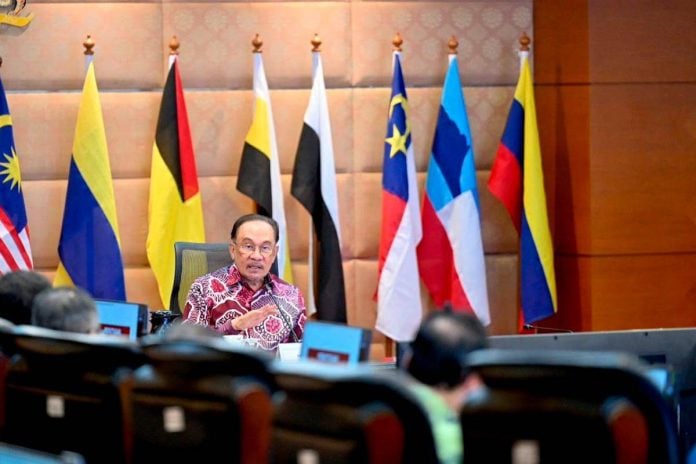PETALING JAYA: The government reaffirmed its commitment to strengthening the national affordable housing agenda, with a focus on improving access, financing, ownership and rental opportunities for the B40 and M40 groups.
At the first National Affordable Housing Council (MPMMN) meeting of the year, chaired by Prime Minister Datuk Seri Anwar Ibrahim, Housing and Local Government Minister Nga Kor Ming said the Madani government remained firm in meeting the housing needs of all Malaysians without compromise.
In a statement today, Nga said his ministry was conducting stakeholder engagement sessions to draft a new Residential Tenancy Act while also reviewing and improving the Housing Development (Control and Licensing) Act 1966 and the Strata Management Act 2013.
“The second reading of the Urban Renewal Bill is expected on Oct 6, after being postponed on Aug 27. This Bill is crucial for planned and inclusive redevelopment of ageing areas with phased consent, supporting sustainable urban growth,” he said.
He added that the Rumah Mesra Rakyat (RMR) programme would be expanded in collaboration with government agencies, private developers and NGOs to meet growing demand.








